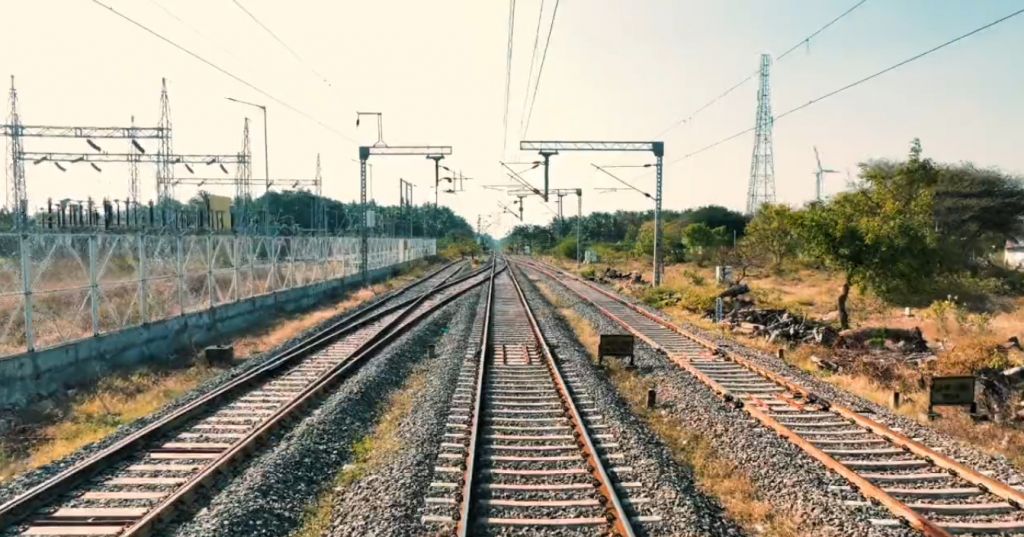
Diphu, Feb 17: A significant infrastructure project has emerged with the proposal of a 180-kilometre broad gauge railway line extending from Chaparmukh Junction in Assam to Jowai in Meghalaya. This initiative has been included in key surveys targeting new railway development in the Northeast, highlighting a strategic focus on enhancing regional connectivity along with economic advancement.
The proposed railway route is set to traverse several key locations such as Bhoksong, Rajagaon, Baithalangso, Jengkha, Kherani, and Umrangso. This corridor aims to address critical gaps in the existing transportation infrastructure while fostering inter-state connectivity between Assam and Meghalaya. Such an endeavour is poised to enhance the logistical framework, facilitating smoother transportation of both goods and passengers.
Currently in the survey phase, the rail link is designed to navigate Assam's diverse and sometimes challenging terrain. The proposed alignment will connect remote towns and villages, making train travel more accessible for communities previously reliant on less-efficient modes of transport. Importantly, the completion of this broad gauge line will result in the first direct rail connectivity to Jowai, which is recognised as a vital border district in Meghalaya.
The anticipated benefits of the railway include streamlining of the logistics of moving goods and passengers across the region, potentially leading to reduced travel times.
It is expected that the railway could serve as a cost-effective alternative to road transport, contributing to the economic development of the area. Industry experts suggest that the introduction of this rail link will act as a catalyst for both industrial and agricultural trade, effectively linking re-source-rich regions to broader markets in India.
Moreover, the project has implications for tourism development in the Northeast, as it is likely to provide improved access to various scenic and cultural destinations. Key at-tractions such as the water reservoirs of Umrangso, the picturesque hills surrounding
Jowai, and the culturally rich West Karbi Anglong district may become more reachable for travellers. Enhanced connectivity could spur a rise in hospitality investments, leading to the establishment of homestays and initiatives centered on eco-tourism.
As the planning and surveying processes for the Chaparmukh-Jowai rail link progress, stakeholders such as local communities, businesses and government entities have expressed optimism regarding the transformative potential of the corridor for regional mobility, trade enhancement, and tourism development, which will collectively contribute to a more interconnected and economically prosperous future for the area.